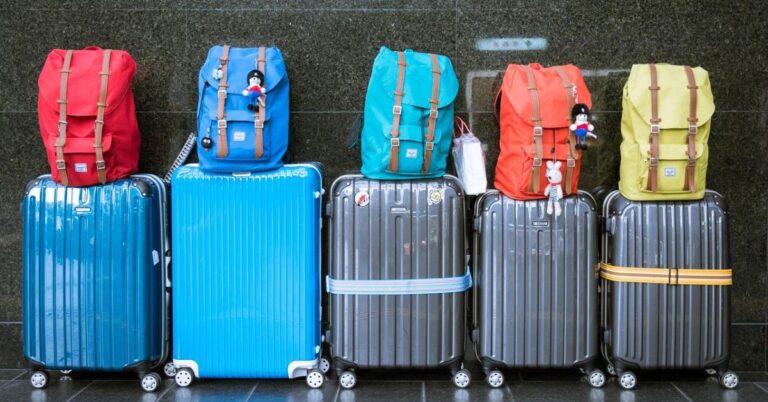15 Smart Ways To Make Overseas Trips Easier After 50

Traveling internationally after the age of 50 can be thrilling, but it’s not always easy on the body or mind. Long flights and unexpected hurdles can quickly drain your energy. However, with the right strategies, your next trip can feel smoother and more enjoyable. Ready to upgrade your travel game? Here are 15 smart ways to start.
Pack Compression Cubes To Save Space And Sanity
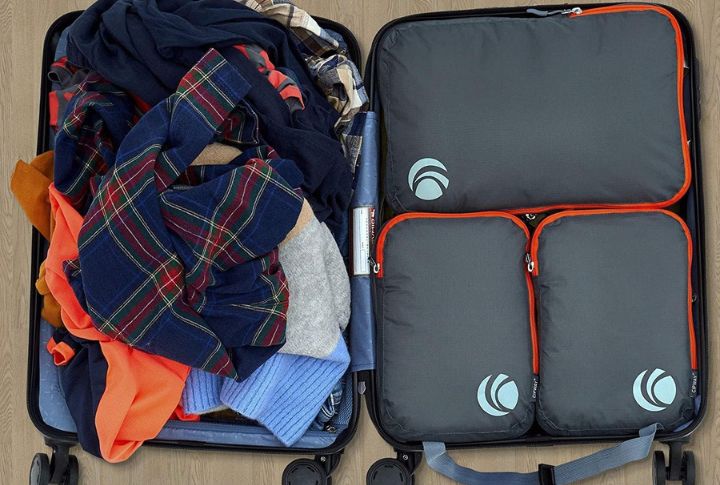
Compression cubes can shrink suitcase bulk by up to 60%, making packing, unpacking, and airport checks much simpler. Many travelers even use them to separate clean and dirty clothes. They’re a small switch that makes international trips far easier.
Choose Aisle Seats To Stretch And Move
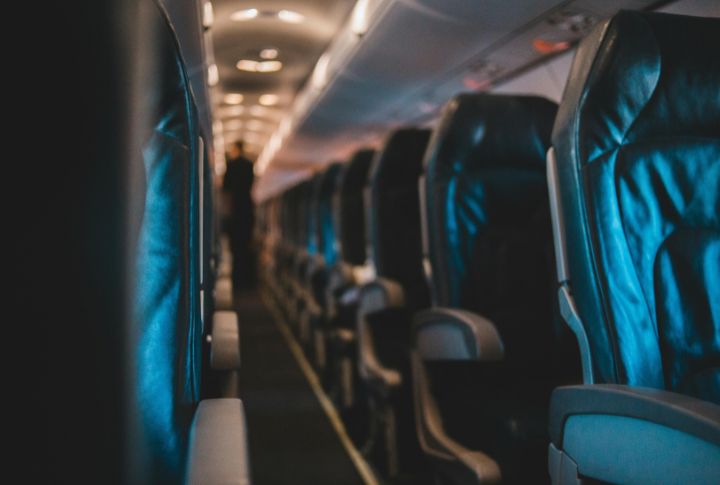
Aisle seats make it easier to stretch and walk, which helps lower the risk of deep vein thrombosis—something more common after 50. Some airlines even assign aisle spots to older travelers since regular movement can protect circulation on long flights.
Preload Translation Apps Before You Fly

No Wi-Fi? No problem—preloaded apps work offline. In emergencies, quick access to local language tools is critical. Google Translate supports 59 languages offline. Even better, it can scan and read signs through your phone’s camera, making navigation far less intimidating overseas.
Upgrade To Priority Boarding For Less Stress
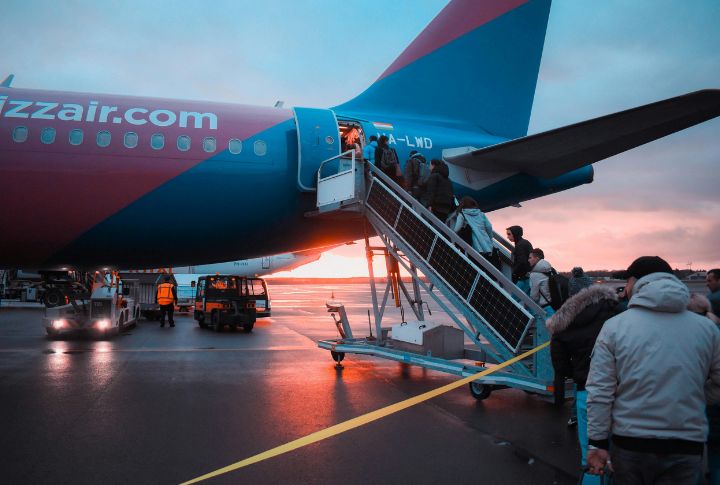
Standing in line for a long time before a flight can be physically draining, especially if you have back or joint issues. Priority boarding reduces that strain. Some credit cards include it as a perk. Less waiting means more comfort and a smoother boarding experience.
Wear Compression Socks For Long Flights

Long flights can cause leg swelling and increase the risk of blood clots, especially for older travelers. Compression socks boost circulation and reduce these risks. They’re not just practical—many come in fun colors, and even athletes wear them to recover in-flight.
Schedule Flights That Land Before Noon
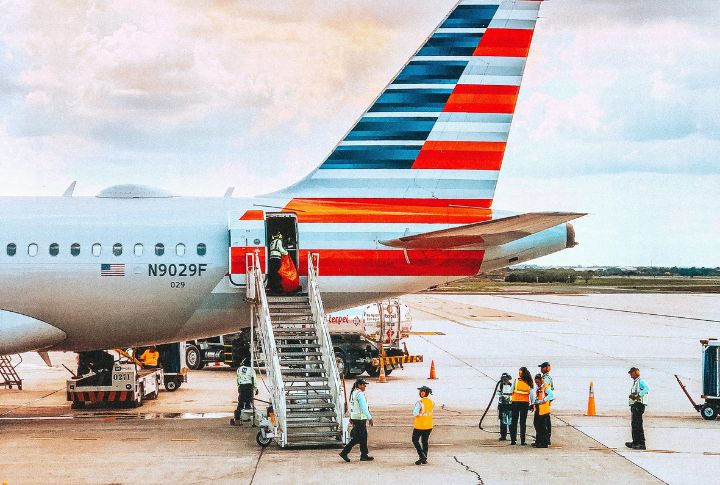
Melatonin levels dip with age, making time zone shifts harder to manage. Morning landings help reset your internal clock faster. Bonus: airports are quieter before noon. That means shorter lines and less stress when navigating immigration, baggage claim, and airport transportation abroad.
Book Hotels With Elevators And Late Checkout

Your legs will thank you for booking a hotel with an elevator—many older buildings overseas don’t have one. Late checkout also helps ease exhaustion. Occasionally, hotels offer free naps between check-ins if you ask with a little charm.
Stay Hydrated With A Collapsible Water Bottle

Dehydration hits harder with age, especially on long travel days. A collapsible water bottle saves space and keeps you sipping regularly. Fill it after security, stash it easily when empty, and avoid overpriced airport drinks. Many models attach to bags for hands-free convenience across cities and hikes.
Take Advantage Of Airport Lounges

Airports can be overstimulating. Lounges offer calm plus healthier meals than the food court. Entry isn’t just for elite flyers—day passes or certain credit cards can get you in. Nowadays, lounges have showers, nap rooms, or spa options to help you recharge.
Carry Copies Of All Prescriptions And Vaccinations
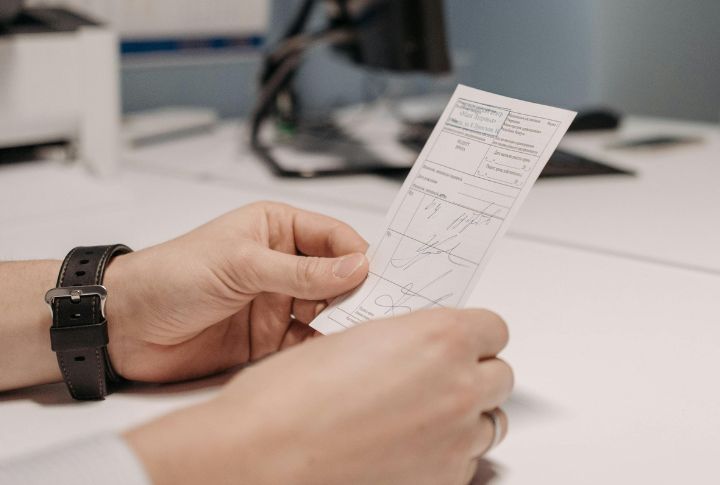
Not every country accepts digital records at customs. If you lose your meds, local replacements can be hard to get without proof. Keep printed documents in your carry-on. Apps can help translate them, but a paper copy won’t fail if your phone battery does.
Use Contactless Payments And Travel Credit Cards

Contactless payments are widely accepted abroad and offer more fraud protection than cash. Many travel cards come with hidden benefits—free insurance for baggage and delays, plus no international fees. You’ll use them everywhere, from cafes to subways to ticket kiosks.
Book Guided Tours To Reduce Planning Stress
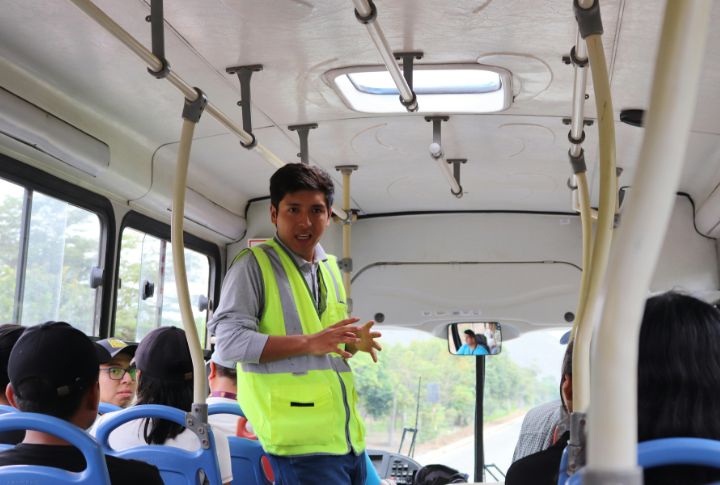
Let someone else plan the logistics. Guided tours cut decision fatigue and save time. Many offer discounts for seniors and options for limited mobility. Some tours focus on slow-paced travel tailored to older travelers. Skip-the-line access at top sites is often part of the deal.
Download City Maps And Transit Apps Offline
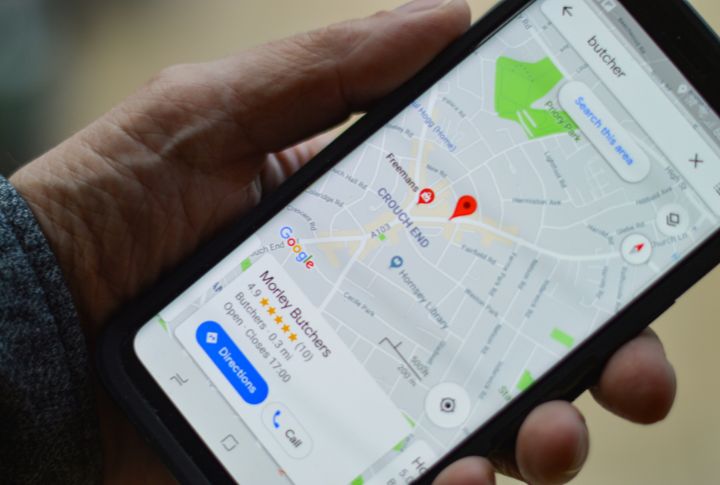
Getting lost in a foreign city without cell service is stressful. Offline apps fix that. Google Maps lets you download entire metro systems. Some even offer virtual ride simulations, so you’ll know exactly what to expect before stepping into an unfamiliar subway.
Eat Light On Travel Days To Fight Fatigue
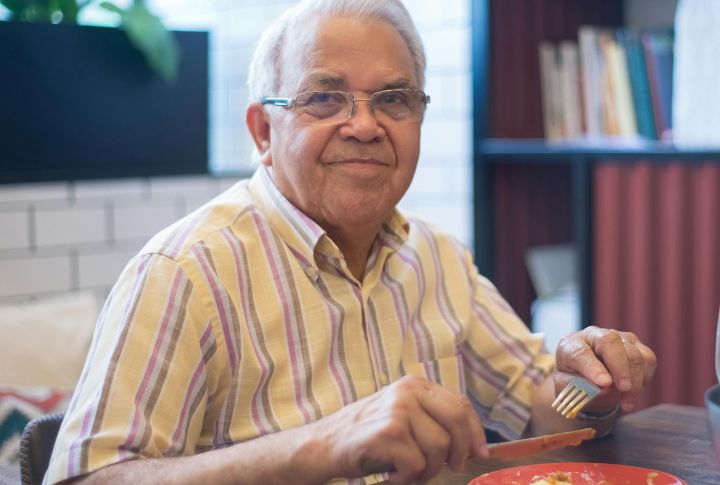
Heavy meals before or during travel can slow digestion and make it harder to sleep. That’s especially true as we age. Fasting may actually help reset your internal clock. Moreover, airlines now offer “wellness” meal options—ask when booking or check the special meal section.
Pack A Travel Health Kit With Essentials
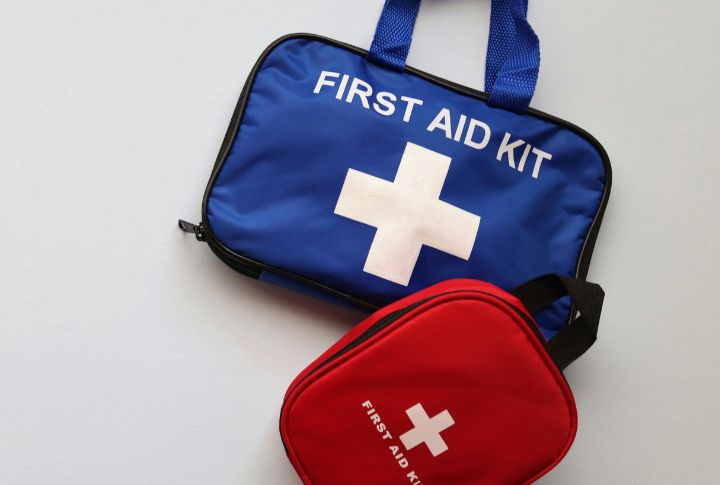
Don’t assume you’ll find what you need abroad. Many U.S. meds are restricted or unavailable without a local prescription. TSA permits pill containers and small creams under 3.4 oz. To save time, buy a pre-made kit built for 50+ travelers; it’ll help you handle emergencies with less panic.



